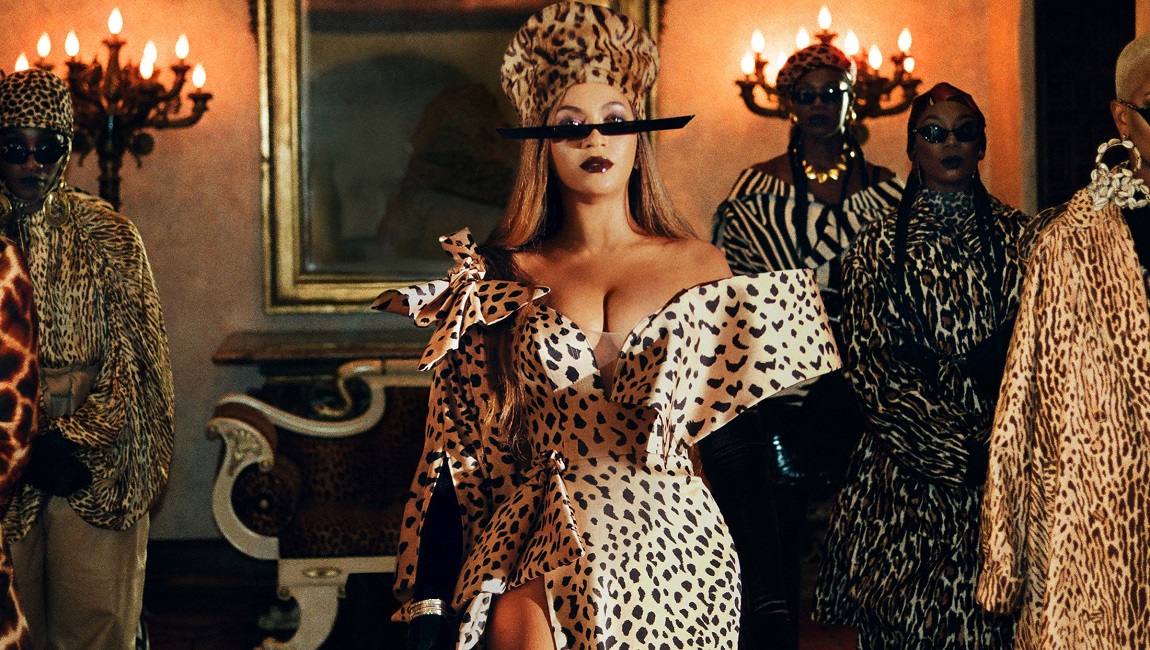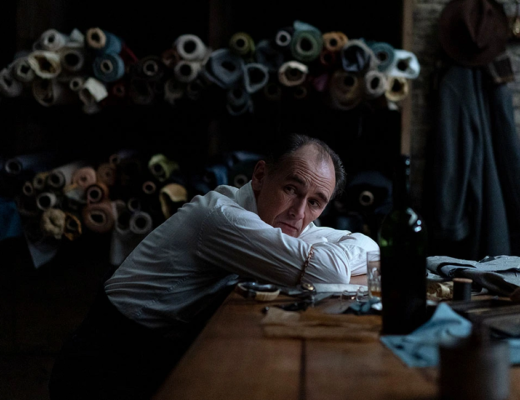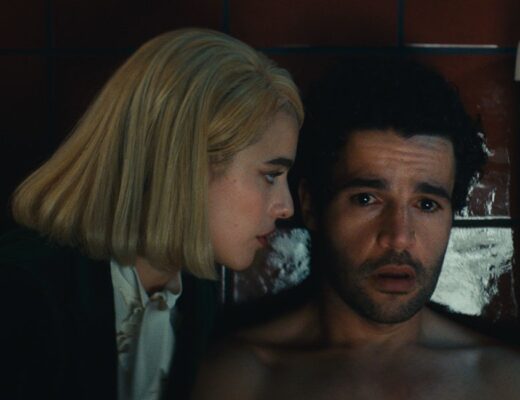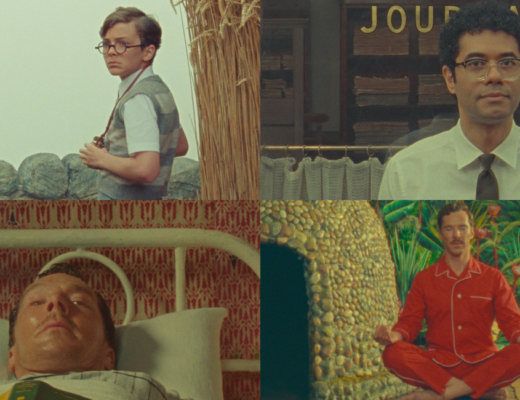Beyonce’s instincts for visual panache are undermined by the studio’s clear attempt to expropriate and Disneyfy Black is King.
As an act of synergy, the Beyonce-directed Disney+ release Black is King feels natural, perhaps even inevitable. At this point, Beyonce has successfully built herself into a massive entertainment brand, one that can conceivably hang alongside the immense Disney conglomerate. Indeed, few brands, companies, or artists managed to hold as much sway over American entertainment in the 2010s as Beyonce and Disney did. And so this union has its obvious motivations, but it also places Beyonce within a context where, for the first time in a while, she doesn’t get to be the project’s sole author. Of course, Black is King is not really so new a venture for Beyonce, at least not superficially. This is her third visual album, another entry in this subgenre/mode that Beyonce claimed for herself initially with the run of videos for her 2013 self-titled album, and later perfected with 2016’s Lemonade. Not unlike what she accomplishes with the traditional versions of her albums, their visual companions are the result of Beyonce’s instinct for synthesizing her collaborators’ eclectic talents into something singular and complementary to her vision. The Beyonce machine is towering and complex, and it requires collaborations between many different artists to keep running. This was the focus of last year’s Homecoming, a project that celebrated the intricacies of these productions and Beyonce’s ability to commandeer institutions that have previously refused to cede space to black women.
Black is King seems to have something similar in mind, though the shift in attention from Beyonce’s historic Coachella performance to her participation in Jon Favreau’s Lion King remake deflates the project from inception. This visual album uses the songs off of last year’s The Lion King: The Gift (resequenced for this project) as the basis for a glossy survey of pan-Africanism built around a very loose narrative (essentially a re-retelling of The Lion King, but genuinely live action and with human performers this time), with soundbites from Jon Favreau’s The Lion King interspersed chronologically (narrative frameworks on top of narrative frameworks…). It’s about as sprawling as it sounds, and probably more exhausting than an 85-minute film should be, but Beyonce’s knack for concocting lavish, music video set pieces balances out Disney’s clumsy attempts to expropriate the project. It isn’t for lack of effort — Disney seems intent on not letting you forget that this project is contextualized within the narrative of The Lion King, and yet other, more important contexts are left unexplored. Black is King makes a point of spotlighting a selection of Beyonce-endorsed, African musicians, but the film offers little context for who they are or any illumination of their cultural specificity. To some extent this is a byproduct of the visual album’s aesthetics and might’ve been alleviated had it been released alongside The Gift, but it also speaks to a larger flaw of Black is King — the film isn’t really interested in talking to us about individual cultures and non-western music practices, but rather feels content to manifest as a sort of homogenized interpretation of Africa that aligns with narratives Disney has put forth. In fact, filtering any of this through The Lion King feels inherently tasteless, and while one can appreciate Beyonce’s attempt to mold what she was given into an accessible tribute to a pan-African ethos, this was always going to be too shallow a context to address a movement and tradition so rich and vital.







